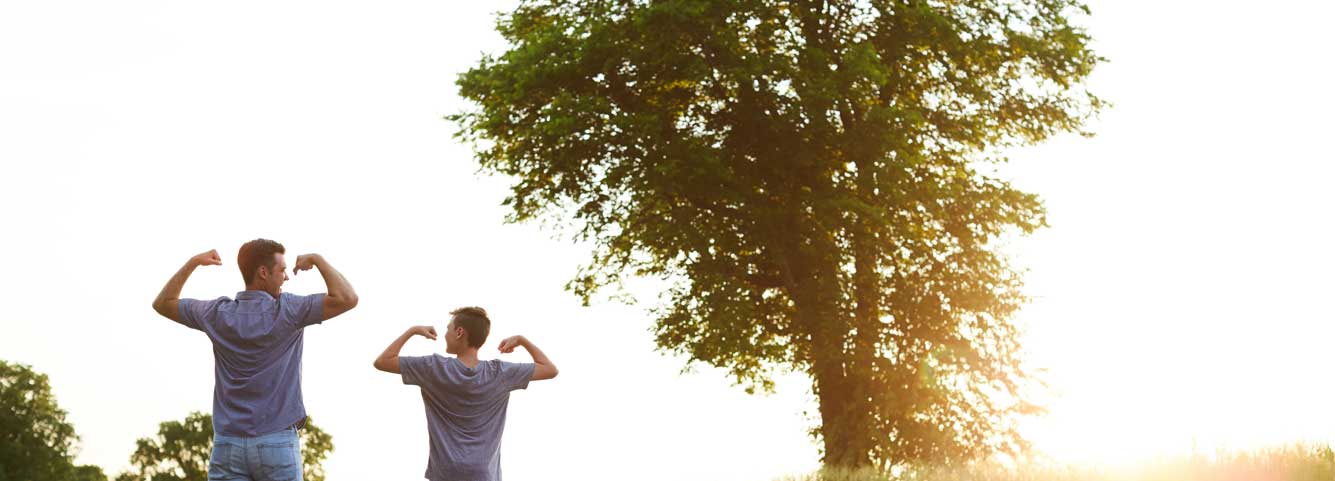What Makes Someone Resilient?
WHAT MAKES SOMEONE RESILIENT?
Lisa Keane | MAMFC, LPC-S, REGISTERED PLAY THERAPIST SUPERVISOR, NCC
Have you ever wondered why some people can experience hard things in their childhood and seem to not only be okay, but to excel in life? It is like they have a superpower! But then you might see someone else who has experienced hardships that just cannot seem to get ahead in life. This is a common question that has caught the eye of many researchers: What is the difference between those who overcome and those who seem to stay stuck? The answer that the research points to time and time again is resiliency.
Resiliency is simply the ability to recover from hard experiences. But why would one person have resiliency and not another? To answer this question, we need to first look at which hard experiences researchers look at while determining resiliency, which they call Adverse Childhood Experiences (ACES).[1]
DETERMINING RESILIENCY
ACES are a list of ten different trauma-related experiences you might have experienced before your 18th birthday. If you are interested in knowing how you rank on ACES, take this quiz here. You might be surprised to find if you have an ACE in your history. Almost two thirds of adults in the ACES study had at least one ACE from their childhood. But, the conclusion of ACES research is, the more ACES you have, the more risk factors exist for different health problems, mental health problems, and risky social behaviors.[2] Of course, researchers wanted to know how we could potentially mitigate those outcomes even if someone has experienced ACES in their lives.
This is where resiliency research was birthed. Is there a way for us to overcome those early childhood hardships and traumas? The simple answer is YES! There are several protective factors that can keep someone from potentially experiencing future problems.
Researchers found that parental resilience, social connections, parents finding support, and social connections are all protective factors.[2] But one of the top protective factors against ACES that has been found in multiple research projects is the presence of one caring, loving adult who is in the child’s life.[3] Having someone who knows you, believes in you, and holds you accountable is one of the top ways kids overcome their histories.
It can be a family member, but it can also be someone in their social network, community, or church. When I speak on this topic, I often tell groups to think of someone other than your parents who believed in you and made you feel special. Without hesitation, the room will fill with hands in the air, ready to share stories of adults who got to know them and spoke truth into their lives like youth pastors, coaches, teachers, aunts, and uncles. Without knowing it, these adults were helping to create resiliency in their lives!
As you think about your own resiliency in life or even how you might want to help kids and teens build their own resiliency, think of the role you play in their life. First, get educated. Take your own ACES quiz and then take it thinking about the others in your life you want to support. Second, read more about the ACES outcomes and how what you or someone you know might be experiencing today could be tied to earlier experiences. And lastly, share this information with them and others who could benefit from knowing it.
And remember this: you could be the difference in someone else’s life just by being in relationship with them and by believing in them! What a powerful thing you can do for someone else today!
To check out more information about ACES and how you can be a solution to this problem visit: https://www.cdc.gov/violenceprevention/childabuseandneglect/acestudy/index.html for more information as well as easy to use public presentations.
[1]https://www.cdc.gov/violenceprevention/childabuseandneglect/acestudy/index.html
[2] https://cssp.org/wp-content/uploads/2018/10/Core-Meanings-of-the-SF-Protective-Factors-2015.pdf

